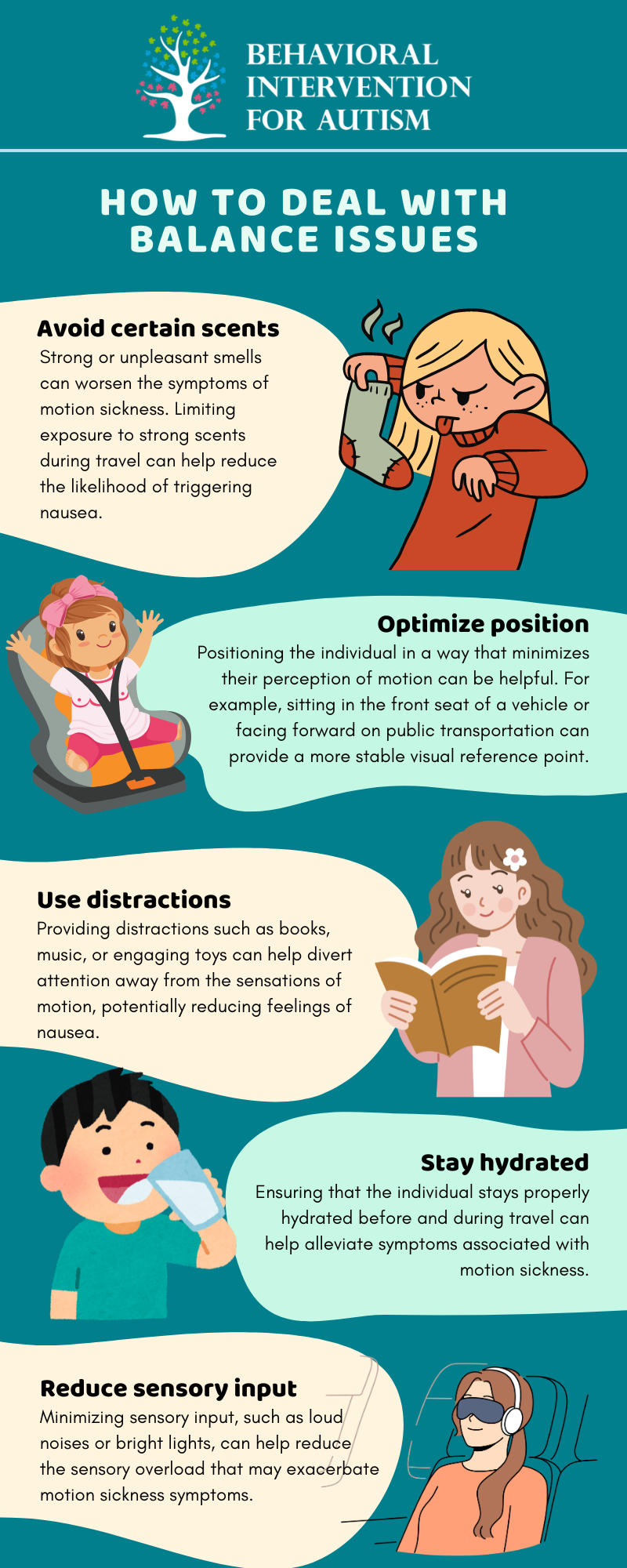
Table of Contents
For individuals with autism spectrum disorder (ASD), motor challenges can be a significant aspect of their condition. These challenges can impact various areas, including motor coordination and the development of motor skills.
Recognizing the impact and early signs of motor issues is crucial for understanding the link between autism and balance problems.
Impact of Motor Coordination
Motor coordination plays a vital role in executing smooth and coordinated movements. However, up to 80% of autistic children exhibit differences in motor coordination, which can lead to impairments in posture maintenance, balance, motor dexterity, and coordination of movement.
These difficulties can affect activities such as walking, running, and participating in sports or physical activities.
Impairments in motor coordination can have a broad impact on an individual’s daily life. Difficulties with balance and coordination may result in challenges with fine motor skills, such as tying shoelaces or using utensils. Gross motor skills, such as riding a bike or catching a ball, can also be affected.
These challenges can impact participation in physical activities and affect the overall quality of life for individuals with autism.
Factors Contributing to Balance Issues
Motor difficulties are common in individuals with autism spectrum disorder (ASD). These challenges can impact various aspects of daily life, including balance and coordination.
Understanding the factors that contribute to motor difficulties in autism is essential for developing effective interventions and support. Let’s look at each of them.
Dyspraxia
Dyspraxia, also known as developmental coordination disorder, is a condition characterized by difficulties in planning and executing coordinated movements.
Research suggests that dyspraxia may be a core feature of autism rather than simply a co-occurring condition. Individuals with autism and dyspraxia often struggle with fine and gross motor skills, including balance and coordination.
The exact relationship between dyspraxia and autism is not fully understood, but it is believed that the underlying neurological differences in autism contribute to the motor challenges experienced by individuals with ASD. Early identification and intervention for dyspraxia can play a crucial role in improving motor skills and overall functioning in individuals with autism.
Vestibular System Differences
The vestibular system, which is responsible for the sense of balance (equilibrioception) and spatial orientation, plays a crucial role in motor control. Studies have shown differences in the vestibular system in autistic individuals, which can contribute to balance and coordination difficulties.
These differences may manifest as difficulties with postural control, spatial awareness, and maintaining stable balance.
Challenges with vestibular processing can impact a person’s ability to navigate their environment and may result in difficulties with activities such as walking, running, and participating in sports.
Brain Connectivity and Motor Skills
Research has revealed differences in brain connectivity in individuals with autism, particularly between visual and motor regions, the inferior parietal lobe, and the cerebellum. These differences in connectivity may contribute to motor difficulties experienced by individuals with ASD.
Weak connections between sensory and motor regions can affect the integration of sensory information necessary for coordinated movements. Atypical activity in networks important for motor planning and execution has also been observed in autistic individuals.
Additionally, the cerebellum, a brain region involved in motor control and coordination, may function differently in individuals with autism. These differences in brain connectivity and activity may explain the challenges individuals with autism face in terms of motor skills, including balance and coordination.
Motion Sickness in Autism
Motion sickness is a common phenomenon experienced by individuals, regardless of whether they are autistic or not. However, studies have suggested that many autistic children have some degree of dysfunction in their vestibular system, which is responsible for maintaining balance.
This dysfunction may contribute to increased susceptibility to motion sickness in individuals with autism.
As mentioned earlier, the vestibular system plays a crucial role in maintaining balance and spatial orientation. It consists of structures within the inner ear that detect and process information related to movement and gravity.
In some cases, autistic individuals may have an overly sensitive vestibular system, which can lead to feelings of nausea, fatigue, and even vomiting when exposed to motion stimuli.
Research conducted in 2021 indicated that a significant number of autistic children exhibit dysfunction in their vestibular system. This dysfunction may contribute to the higher prevalence of motion sickness experienced by individuals on the autism spectrum.
As such, parents, caregivers, and healthcare professionals should be aware of this connection and take appropriate measures to address motion sickness symptoms.
Strategies for Dealing With Balance Issues
There are several strategies that can be implemented to help reduce balance issues among autistic children. These strategies aim to minimize the impact of motion stimuli and alleviate the associated discomfort.
Here are some effective approaches worth trying:
By employing these strategies, parents and caregivers can help mitigate the effects of motion sickness in autistic individuals and improve their overall travel experience.
It is important to adapt these strategies to the specific needs and preferences of each individual, as the effectiveness may vary from person to person.
We, at Behavioral Intervention, offers a comprehensive ABA therapy in Florida. Our dedicated team provides tailored interventions to address specific challenges and improve overall well-being. Interested in how our services can make a difference for you or your team? Reach out to us today to explore how we can help.
Sources:
https://www.thetransmitter.org/spectrum/motor-difficulties-in-autism-explained
https://embrace-autism.com/autism-and-motor-control
- 9 Common Obsessions of Children With Autism You Should Know - February 25, 2025
- What is Neurodiversity? A Guide to Embracing Differences - February 25, 2025
- Understanding Hyperfocus in Autism: What It Means and Why It Happens - February 25, 2025





